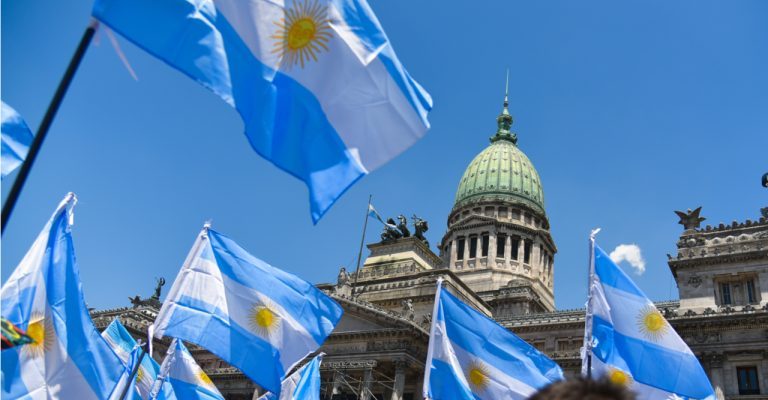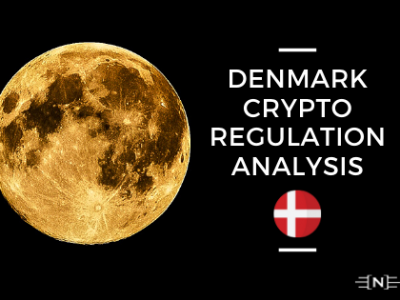Argentina is preparing to revamp its anti-money laundering and terrorism financing law. It has proposed to include the creation of a registry for virtual asset services providers (VASPs) in the country as part of the new modifications. The changes would prepare the country for the review that the Financial Action Task Force (FATF) is slated to do on the subject next year.
Argentina Might Create a Unified VASP Registry
The discussion of a proposed revamp of the anti-money laundering and terrorism financing law in Argentina might include the creation of a unified VASP registry. The proposal, which is being made by several institutions in the country, including the Argentine tax authority (AFIP), and also the national securities regulator (CNV), would bring the legislation up to modern standards.
This would be the first modification that legislators press on a law that has been untouched for 11 years. The institutions presented the changes to the Deputy chamber of the nation in a meeting that took place on Nov 25. One of the objectives of this move would be to prepare the country for the review that the FATF is slated to conduct about Argentina’s controls next year.
The reform would also allow the AFIP to build a database of unique beneficiaries, with the CNV being at the head of the proposed VASP registry.
Modifications Focused to Bring Safety to Users
The proponents of these modifications explain that these are inspired by similar changes that have been implemented by other countries already reviewed by the FATF, and are part of the steps that must be taken before embarking on preparing cryptocurrency-specific regulation in Argentina.
Sebastian Negri, head of the anti-money laundering organization in the country (UIF) expanded on the need for these modifications to be approved and implemented. He stated:
We have to be able to create a registry that meets international standards for the prevention of money laundering and terrorist financing.
Furthermore, Negri also stated that these modifications would be useful to protect users’ funds in these platforms from potential failures and even bankruptcy, taking cues from the situation that FTX, one of the top three cryptocurrency exchanges, is currently facing.
Negri also mentioned that the usage of personal data that these companies possess would be tackled in this reform.
Argentina was recently part of a study made by Global Financial Integrity, a Washington D.C.-based think tank, that colluded that cryptocurrency regulation on Latam was still ineffective in detecting and convicting crypto-related crime.
What do you think about the reforms proposed to the anti-money laundering laws in Argentina? Tell us in the comments section below.

















Comments